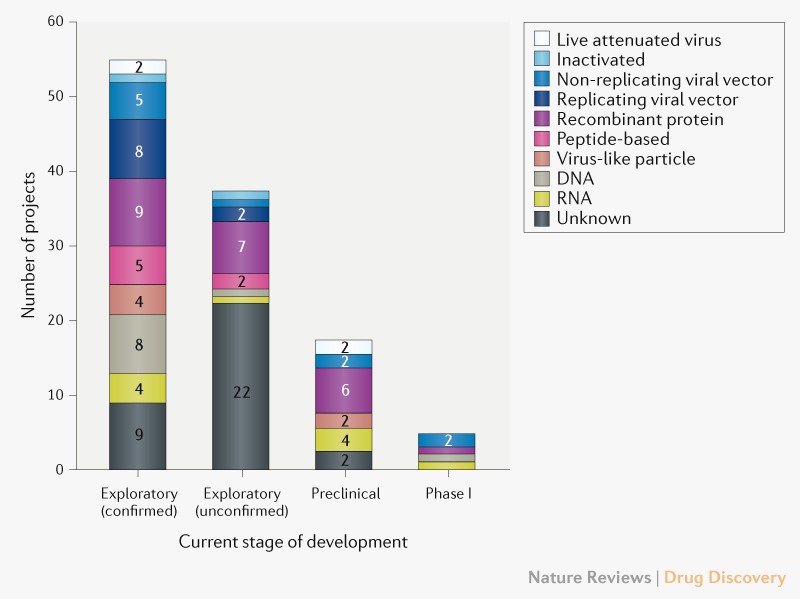You think everything should be done by the books and I think this is a special case that would be unfair to the placebo group to do it that way. I don't think we're going to make any headway so this is my last post on that.
Sorry, I meant that you said that no ethics committee would or should approve human challenge trials with COVID-19. Now if there is something proven to be immunological the same as COVID-19 but with greatly attenuated virulence, that would be ideal; actually, that would be a vaccine LOL. But, if we cannot find something safer to challenge with, I stand by my course that the current COVID-19 is safe enough in young healthy individuals to do a 2 month challenge trial in bio-containment. The risks have to be weighed against the rewards. And while you might think it's crazy, some renowned experts do not, so let's not say that no ethics committee would or should approve; it's just that no ethics committee
chaired by you would approve.
From the article by localizer (do check out the link as well):
"Stanley Plotkin of the University of Pennsylvania, inventor of the current rubella vaccine and a leader in the vaccine field, says a carefully designed “human challenge” trial could offer clear proof of a vaccine’s worth at blinding speed. “We’re talking 2, 3 months,” says Plotkin, who has co-authored a commentary, now being submitted for publication, that describes how this might be ethically done. “People who are faced with a terrifying problem like this one will opt for measures that are unusual. And we have to constantly rethink our biases.” A similar proposal for coronavirus challenge studies was published
. "

